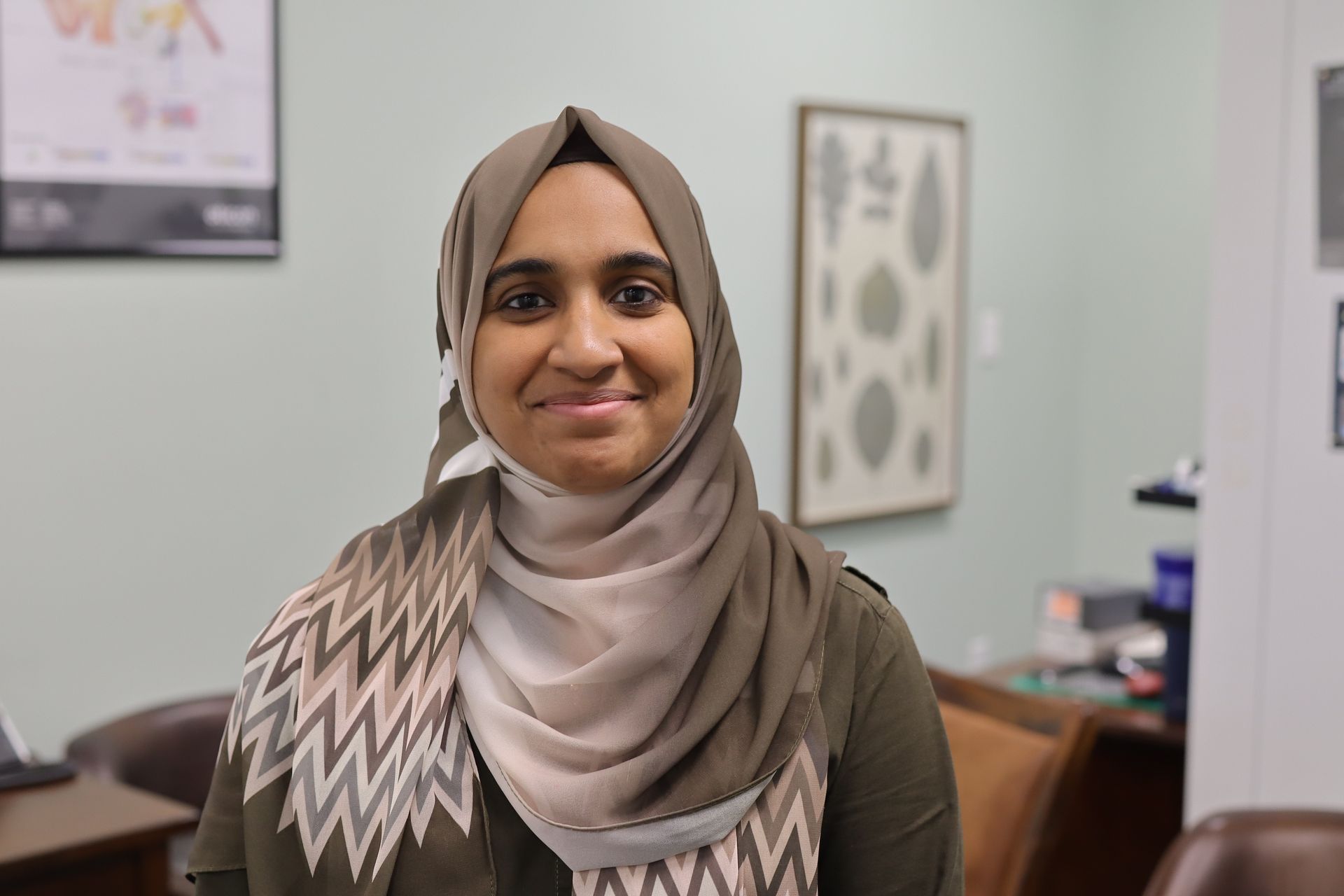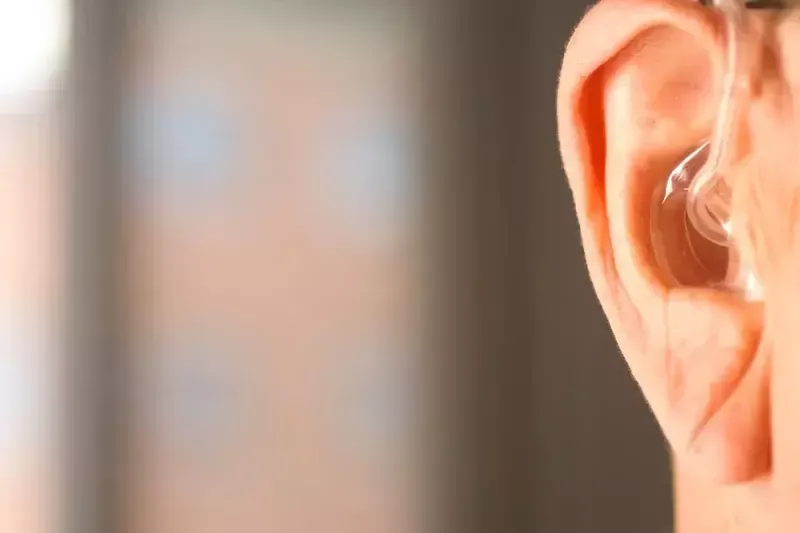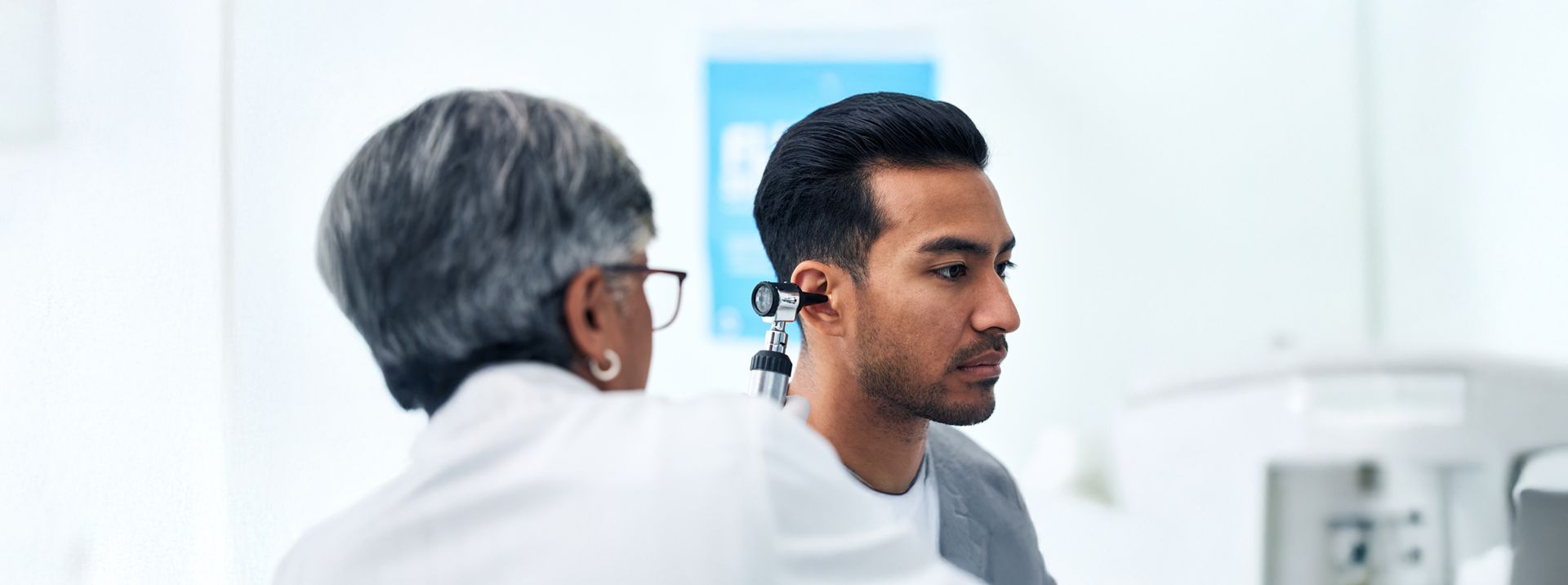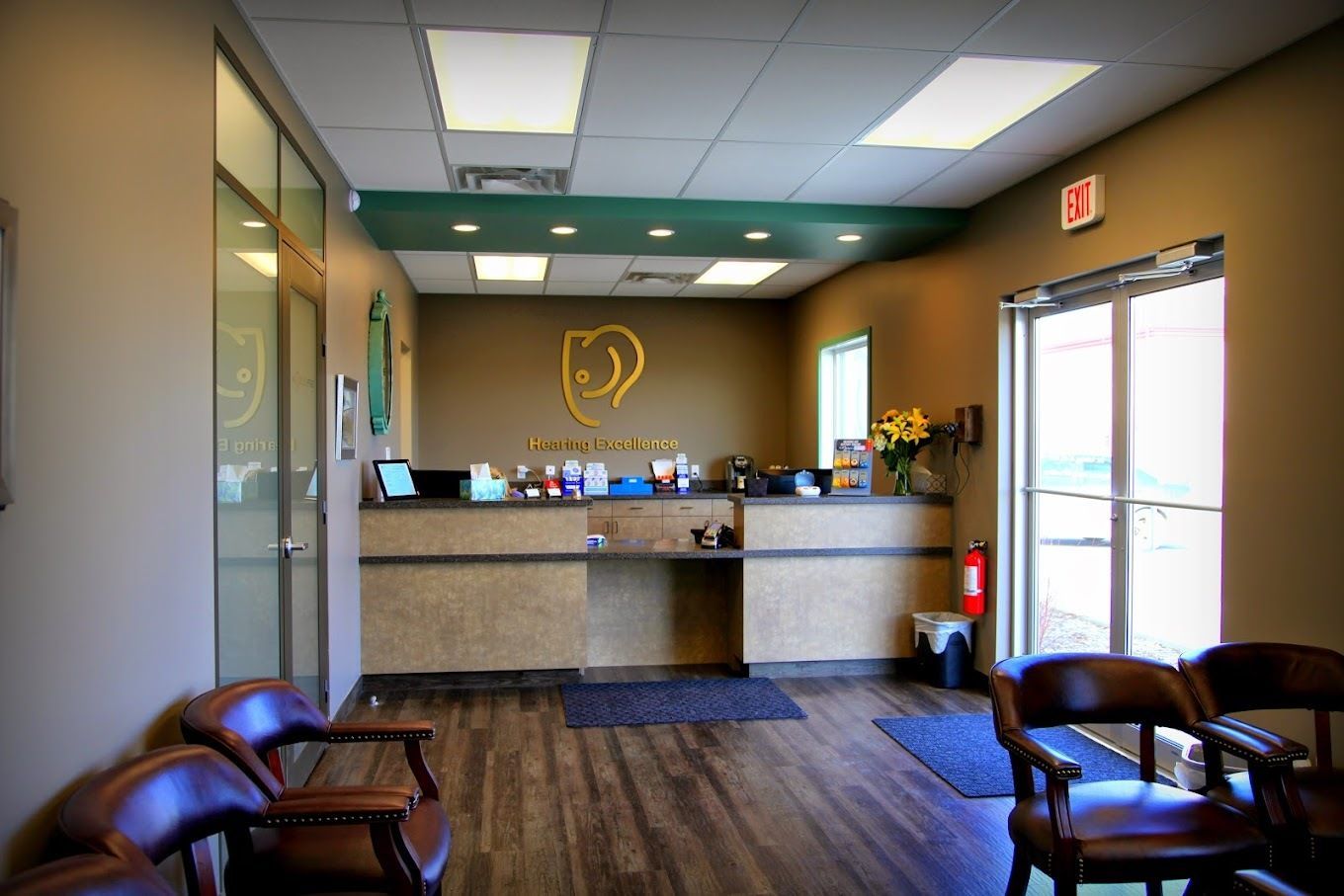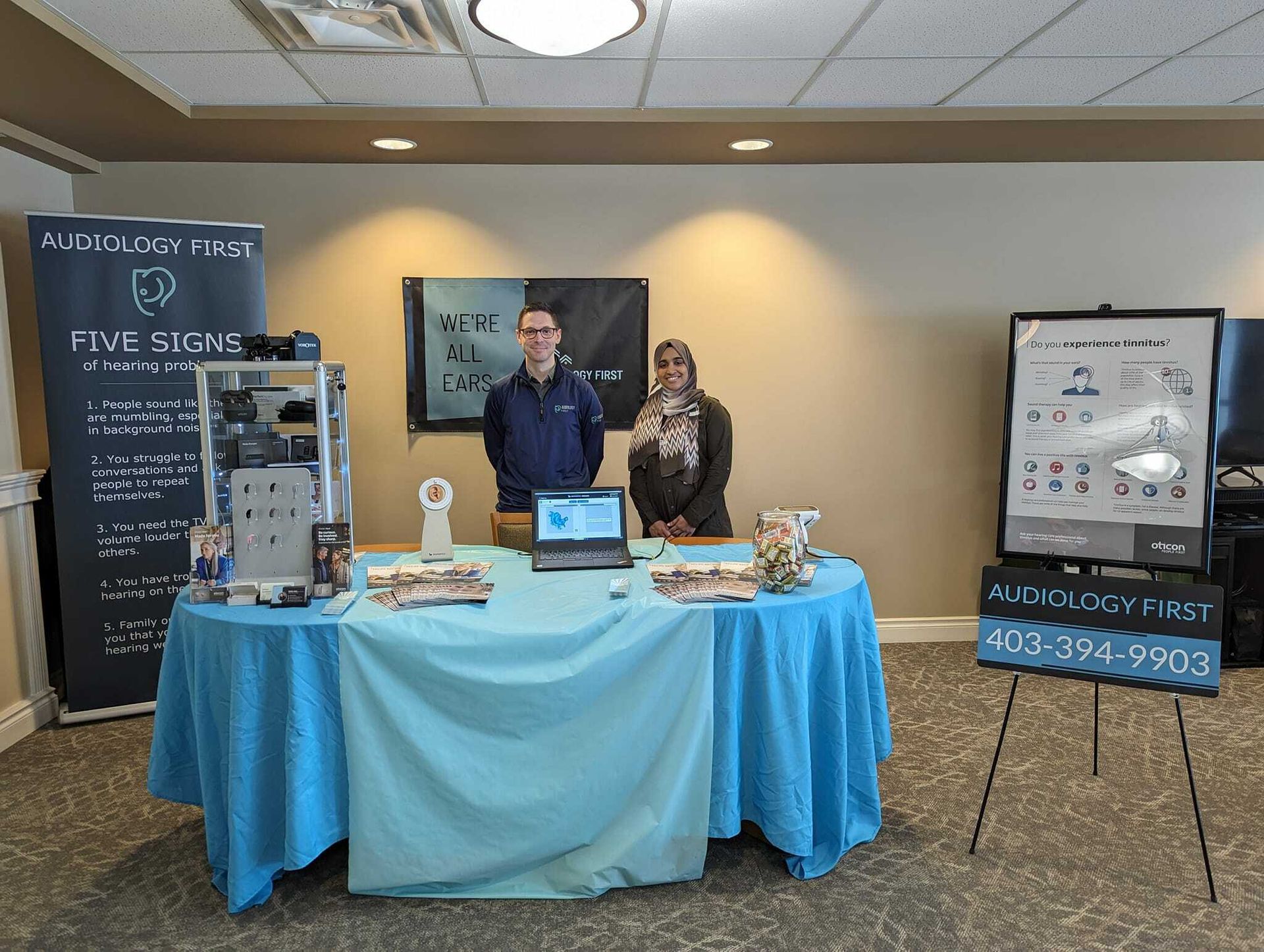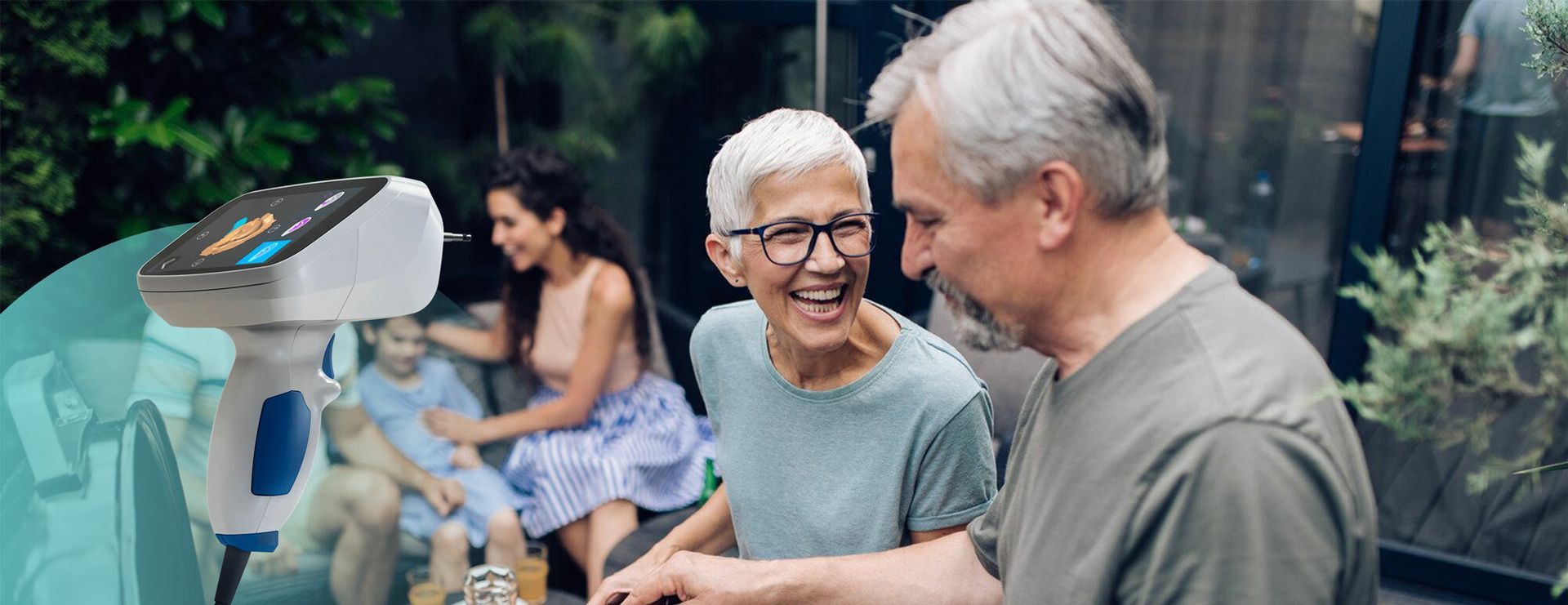Customized Hearing Tests for Individual Challenges
Hearing loss is not a one-size-fits-all condition; each person's experience with hearing impairment is as unique as a fingerprint. Recognizing this, we delve into the critical importance of customized hearing tests and how they directly impact the effectiveness of hearing loss solutions.
Understanding the Spectrum of Hearing Loss
Hearing loss manifests in various degrees and forms. From the mild, high-frequency losses that make understanding speech in noisy environments a challenge to the profound losses where even the loudest sounds go unheard, customized hearing tests are designed to map the profile of everyone’s hearing ability.
The Custom Hearing Test Process
A customized hearing test begins with a comprehensive evaluation of your hearing health. Audiologists use a battery of tests to measure different aspects of hearing in adult patients, including:
- Pure-tone testing
- Speech testing
- Middle ear testing
- Otoacoustic emissions (OAEs)
- Speech understanding in noise.
As experts, we may also use several other tests to measure the health and function of the hearing system from several different perspectives – a process of cross-checking results. Audiologists use their training and expertise to adapt standard tests to help define and confirm a certain disorder.
You may find that our testing may take longer than you may be used to at other clinics, but you will receive better explanations of results that offer further insight and understanding, leading you to make clearer decisions on your care.
Why One Size Doesn't Fit All
Each test contributes to a detailed understanding of your hearing health. Most hearing tests show routine or common hearing loss. Still, some results may mean that another specialist or physician, such as an Ear-Nose-Throat specialist or speech-language pathologist, should be consulted.
From Test Results to Custom Solutions
Once your hearing profile has been established, the audiologist can recommend hearing aids, assistive listening devices, or strategies for managing your hearing issues in daily life. The goal is to ensure that the solution fits your hearing needs in terms of how loud the hearing aids need to be and the lifestyle you prefer to lead.
Technological Advancements in Hearing Tests
Technology has significantly advanced the precision of hearing tests, allowing for more accurate
assessments and better-fitting hearing aids. Adapting to hearing aids is made smoother as the devices are tailored to address the specific frequencies and types of sounds you struggle with.
Hearing test results undergo a translation process into a hearing aid prescription. Still, without key measurements being taken and understood by the clinician, even the most sophisticated hearing aid technology may provide less than adequate results. Unfortunately, this pattern of results is far too common in patients who have purchased hearing aids from dispensers or clinics that do not take an evidence-based approach. According to research, around one-third of hearing aids are not fitted to evidence-based standards – while at Audiology First, we make it our top priority in every case possible.
The Future of Hearing Care
Audiology First uses the most precise testing and fitting equipment possible. Automated test techniques are also offered at our clinic and are appropriate for use with certain patients.
With ongoing research and development, the future of hearing care is bright, promising even more personalized and effective treatments for those with hearing loss. Innovations in digital technology and machine learning are already here. The hearing aids we provide adapt in real time to the user's environment, providing an even more customized listening experience. Some hearing aids are even getting better at understanding what we, as human listeners, desire to hear from a social environment and are programmed to reduce sounds that do not matter as much.
Embracing Individualized Care
The power of customized hearing tests cannot be overstated. By embracing the individual nature of hearing loss, we can offer solutions that allow people to live fully without being defined by their hearing challenges. The journey towards better hearing begins with the understanding that everyone's experience is unique. From the initial assessment to the selection of hearing aids, every step should be tailored to meet the specific needs of the individual.
The Importance of Continuous Care
To ensure that effective hearing solutions do not end with the fitting of hearing aids or other assistive devices, we made a commitment long ago to offer continuous care and follow-up appointments. We use this time to adjust and refine the hearing aids as the user's needs evolve. Regular check-ups allow audiologists to reassess hearing health, make necessary device adjustments, and provide ongoing support to the users.
The Role of the Individual in Hearing Care
While audiologists and hearing care professionals play a crucial role in diagnosing and treating hearing loss, the individual's active participation is equally important. Being open about your experiences, challenges, and preferences helps create a more effective hearing care plan. We want to hear about any challenges you are having. Additionally, embracing hearing aids and committing to regular maintenance and care can significantly enhance the hearing experience.
Community Support and Resources
Navigating hearing loss can be challenging, but it's important to remember that you're not alone. Many resources and support groups are available to help individuals and their families understand hearing loss better and connect with others who are going through similar experiences. Sharing stories and tips can provide valuable insights and encouragement.
Customized hearing tests are more than just a procedure; they are a crucial step towards a life where hearing loss does not limit one's potential. By focusing on the individual's specific needs and leveraging the latest advancements in technology, we can create hearing solutions that not only improve hearing but also enhance the quality of life. Let's continue to embrace and advocate for individualized care in hearing health, ensuring that each person's journey towards better hearing is as unique and fulfilling as they are.
